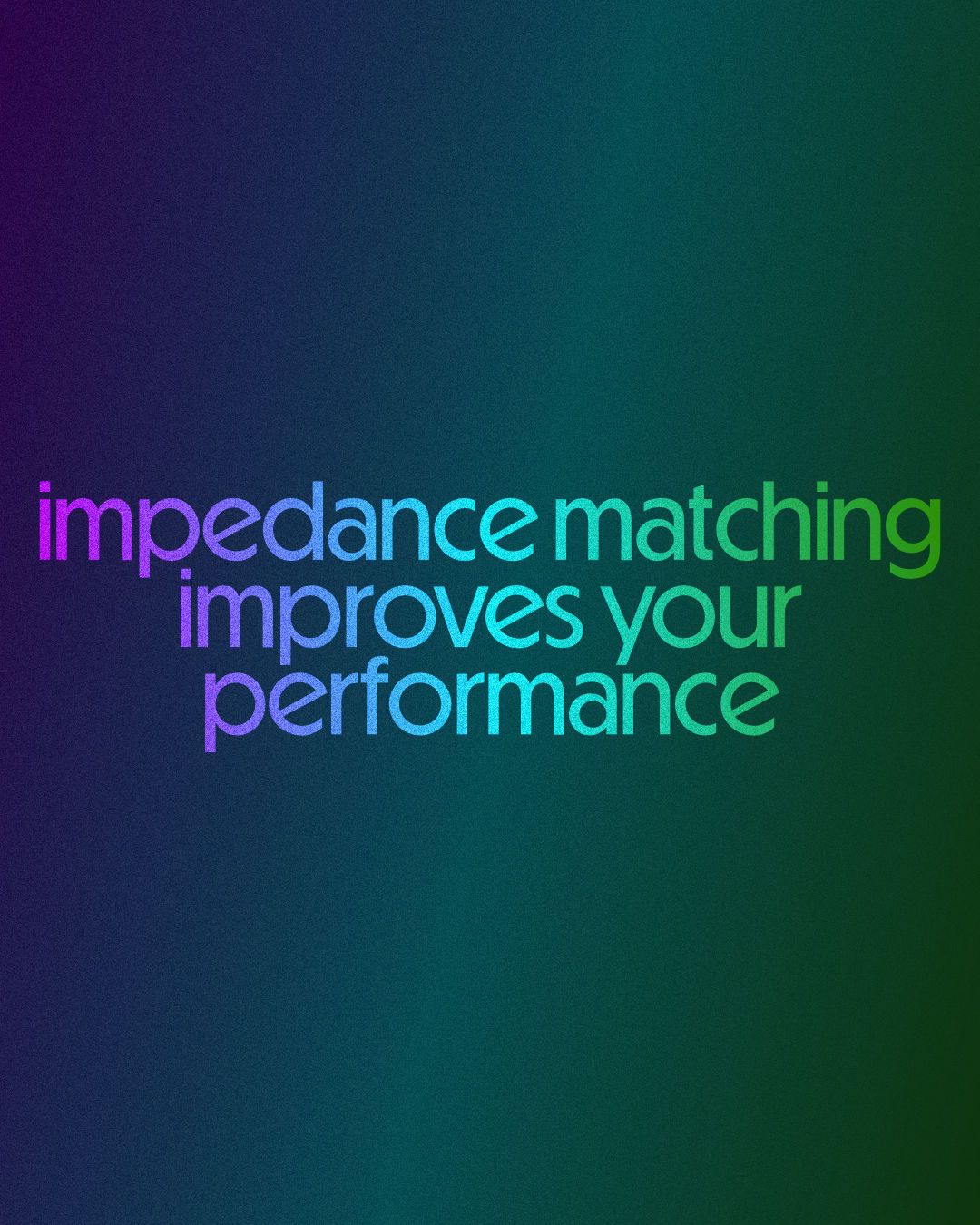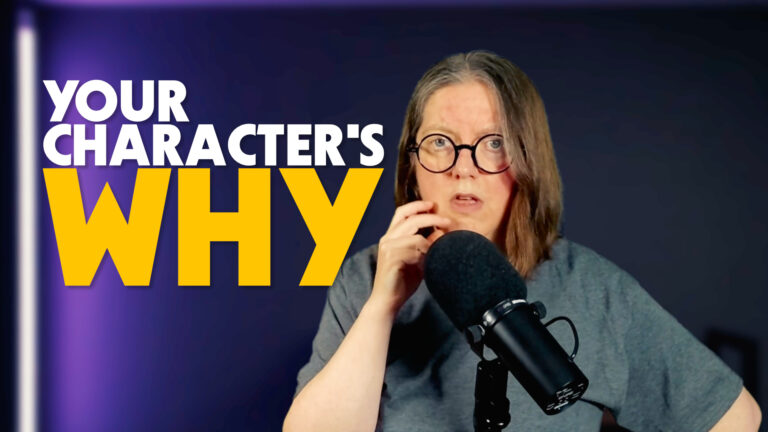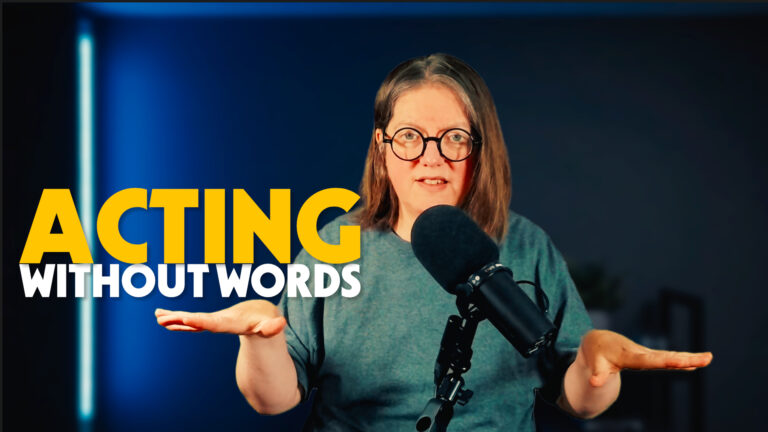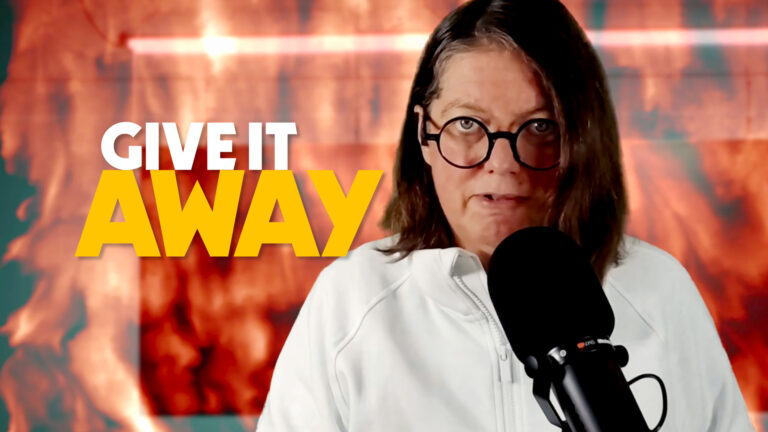
Obviously communication between human beings is fraught with complications. Especially, well, lately. So with so many differences between humans, including our neural wiring… so how can we expect to communicate while in a scene together?
CAN we even expect to? After all, it’s core wiring tripping us up during the best of times.
We can communicate across neurotypes if we learn about differences, practice, and have patience. Patience?! I’ve been told it’s a thing. And luckily, in a scene we can choose to drop things when we miscommunicate and move on with something else until we’re on the same page again.
Well, I guess we could (in theory) also do that outside of the scene, too.
In this Newsletter, final one of the year:
- Impedance matchingis good communication that leads to a quality energy flow
- New comedy by a neurodivergent human for your eyes to watch or your ears to listen to
Impedance matching in your scenes and with your audience
I recently read the book “Scale: The Universal Laws of Growth, Innovation, Sustainability, and the Pace of Life, in Organisms, Cities, Economies, and Companies” by Geoffrey West. It’s quite dense and rather mathematical throughout.
But West brought up impedance matching¹ in the context of social interactions and group activities. And seemed quite related to comedy performance and acting.
In the book, West says:
…the smooth and efficient functioning of social networks, whether in a society, a company, a group activity, and especially in relationships such as marriages and friendships, requires good communication in which information is faithfully transmitted between groups and individuals. When information is dissipated or “reflected,” such as when one side is not listening, it cannot be faithfully or efficiently processed, inevitably leading to misinterpretation, a process analogous to the loss of energy when impedances are not matched. – Geoffrey West, Scale: The Universal Laws of Growth, Innovation, Sustainability, and the Pace of Life, in Organisms, Cities, Economies, and Companies
That reflection can cause a loss of energy between performers and the audience, or between each other on the stage.
Energy between performers, and with the audience
The passage above made me think a lot about the energy functioning between performers in the same scene. And then between the performers and the audience. This information flow is absolutely critical for our performances, because each type of connection affects each other too.
The audience: The flow between performer and audience absolutely affects any show. Bad, or lack of, energy flow to and from the audience? This affects the people on stage.
The performers: The energy between the players affect each other, which of course also impacts the audience.
And around we go… our communication flow is connected in such an essential way, that if the balance is off then everything can crumble. When we’re matched, and everything moves without friction (“information reflection”), we have gold.
Faithful communication, good listening
So West describes that the essential element is: communication. Specifically information that is “faithfully transmitted” between each other and doesn’t get reflected (bad listening/communication).
Communicate clearly to the audience. Have your scene make sense. Do good comedy. Act. Connect with your scene partners. Project your voice. Got it.
But performers have the added dynamic of not matching impedance if “when one side is not listening” – because that information “cannot be faithfully or efficiently processed.”
I think there are at least two elements in this statement:
- when performers are not listening
- when information is not understood and that misunderstanding or miscommunication is not tended to (ie, efficiency)
Miscommunication and misunderstanding is a well established challenge between different neurotypes (see episode 12 & episode 13 for more on neurodivergence and miscommunication).
However, even if we’re speaking a different social language or miss certain social signals, if the humans involved pay enough attention they can find another way to communicate with each other. Or they can move on to something else everyone understands (say, drop the miscommunication as we understood there is some disconnect and try a different offer).
Then even with miscommunication or misunderstanding, performers can still energy balance — match impedance — together.
- Slow down. This doesn’t impact that efficiency. You can slow down and pause in character and make the scene even better.
- Use a different way of expressing the emotion, like a different type of body language, sound, or words.
- Use spoken word in general. Like, say the subtext.
- Ask a question in character.
- Make whatever “it” is bigger or more obvious.
- Completely on different pages? Drop the pages and move on to something else.
A group activity and social network can be smooth if we make an effort. These are only a few of the many possible ways – the answer lies with in the humans in attendance. We meet in the middle with our communication to impedance match and win, even if we’re operating at different frequencies.²
Footnotes:
1 – You can find the Wikipedia entry for impedance matching, here.
2 – I reckon this is flawed scientifically, mathematically and probably makes some brains hurt and quite possibly is just bad writing.




